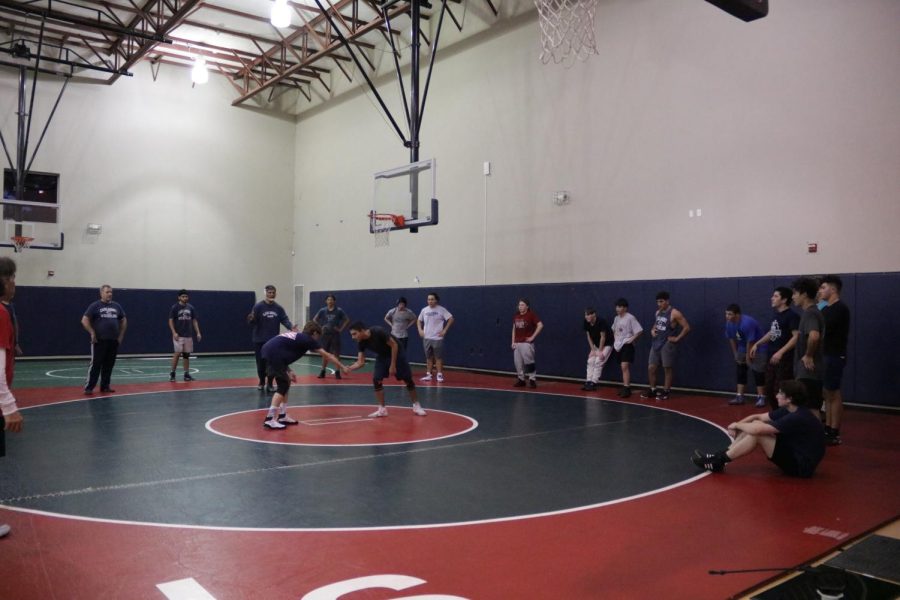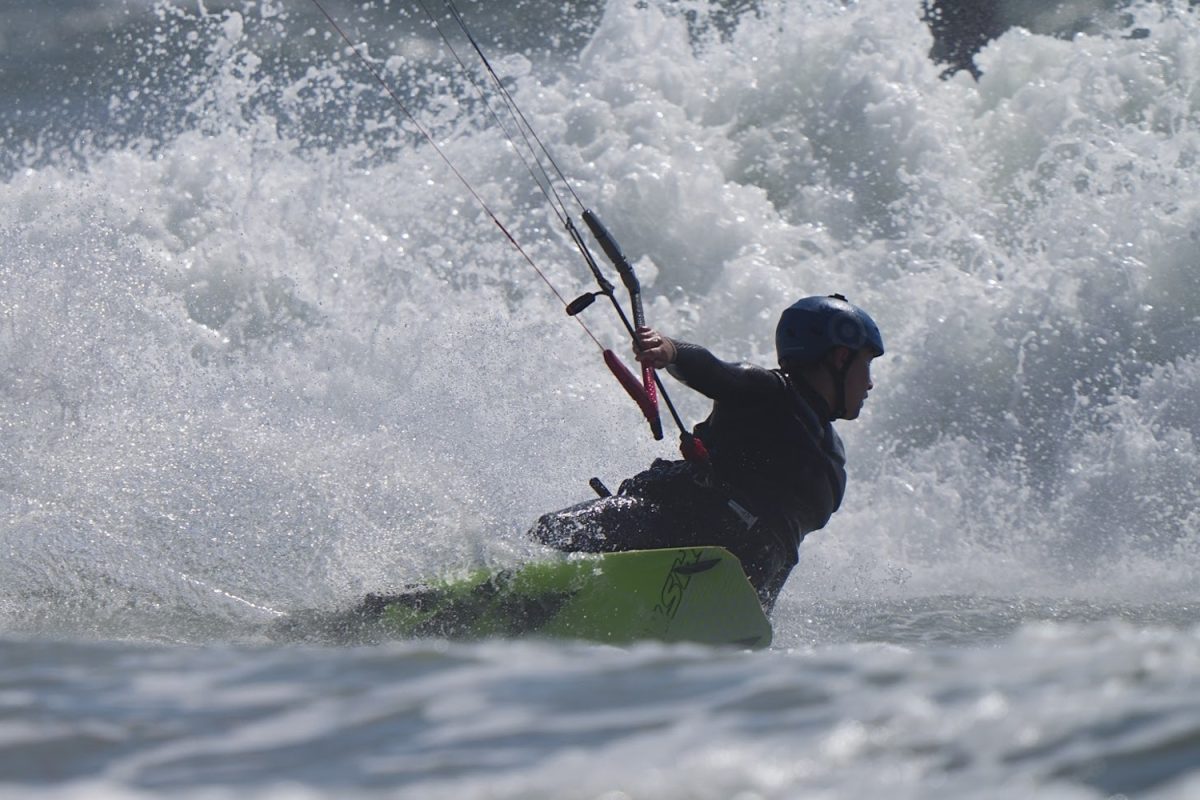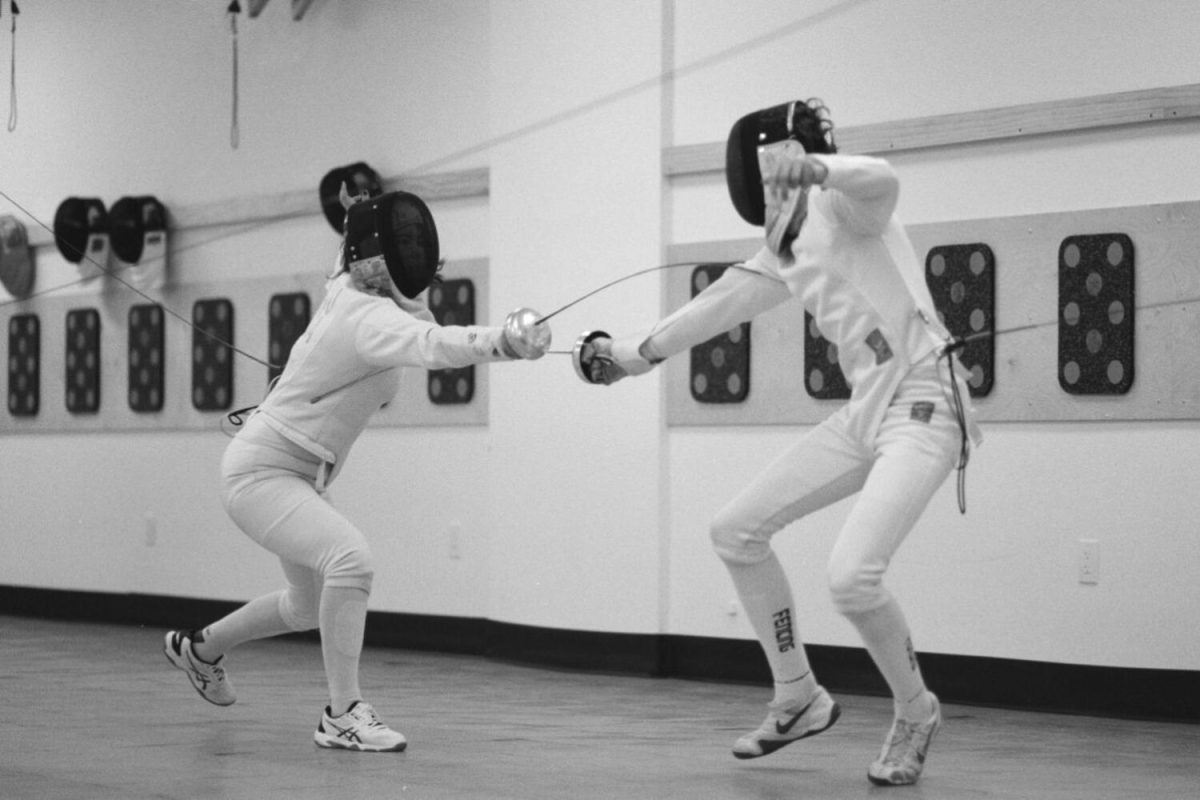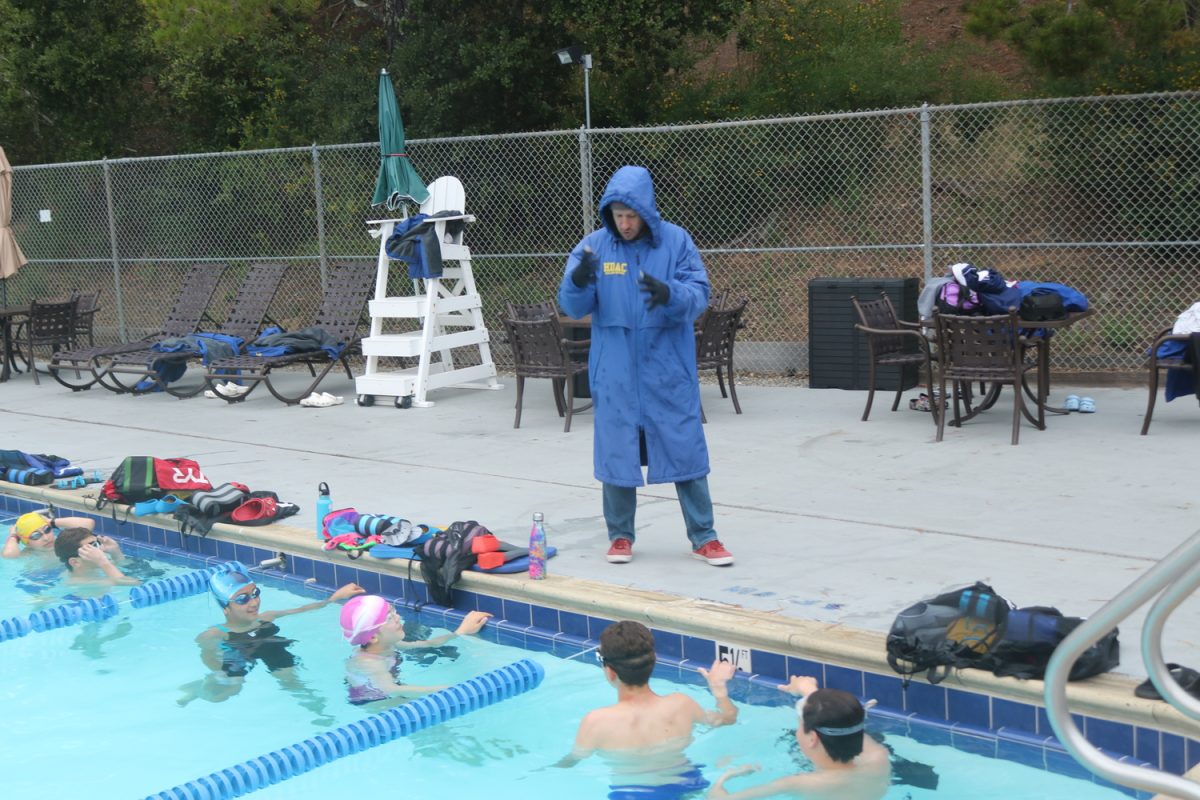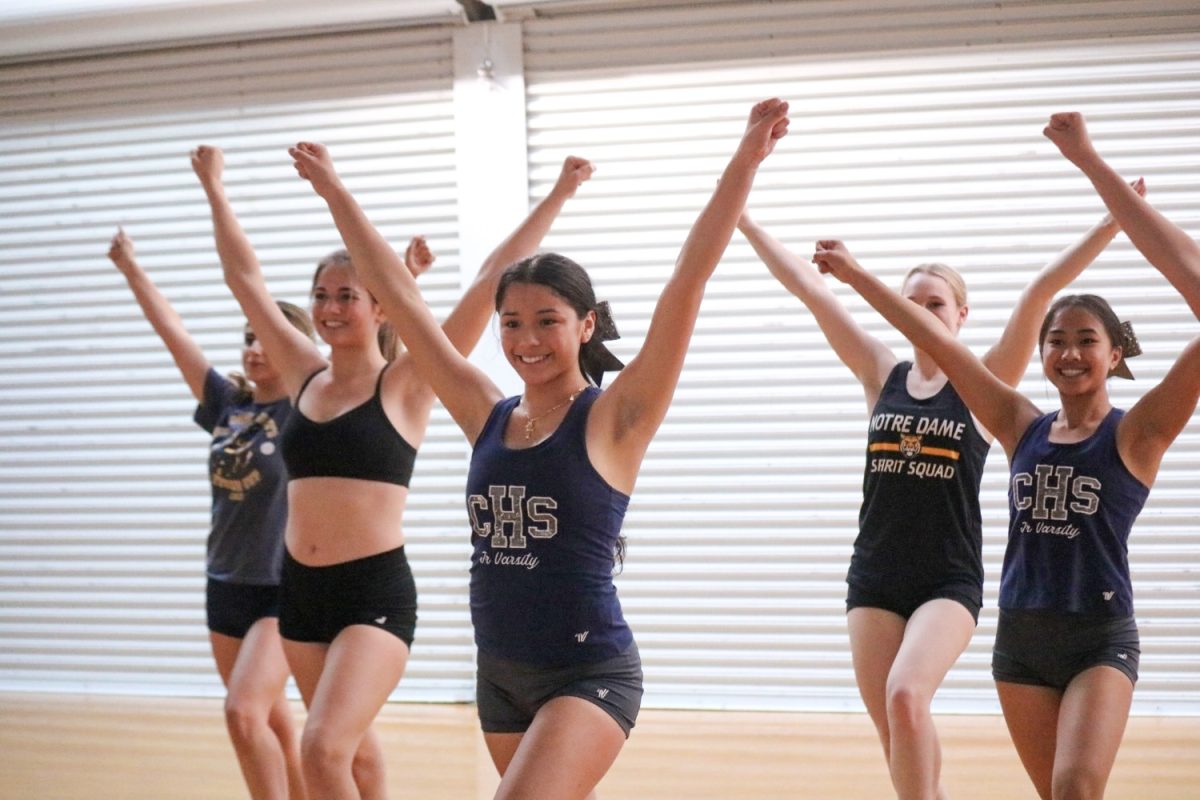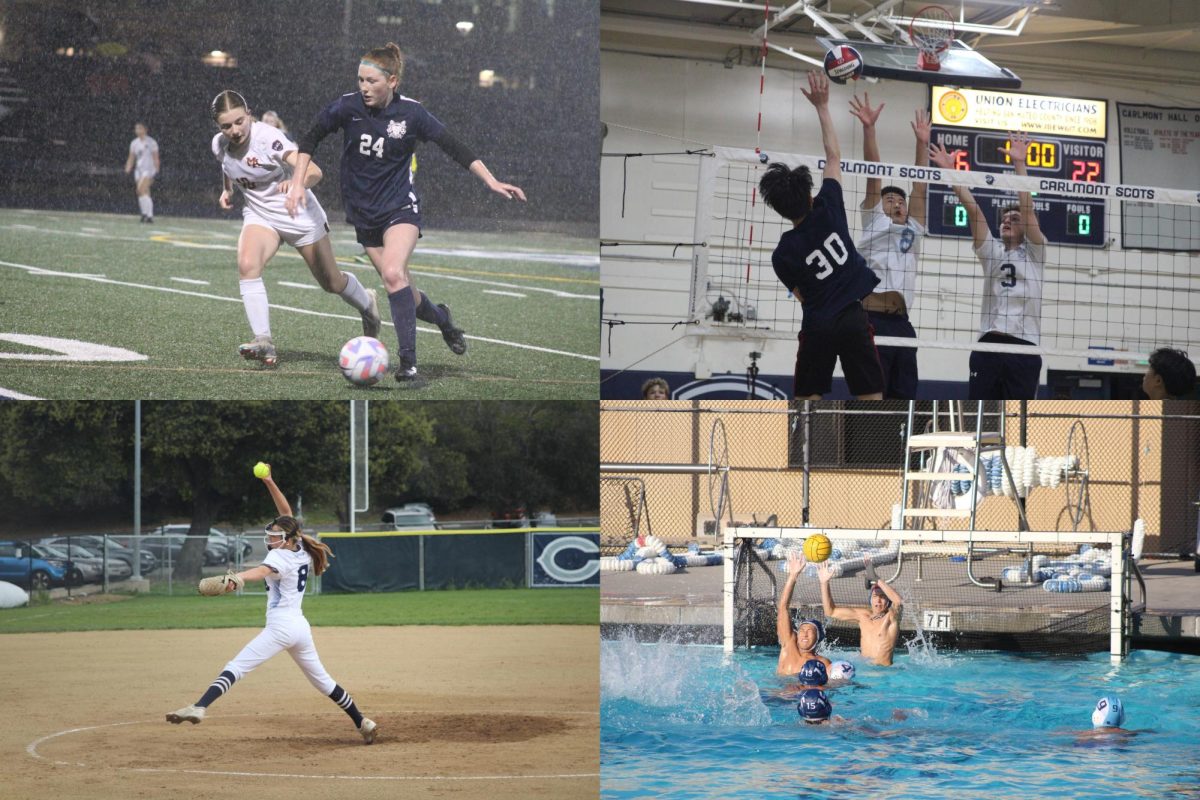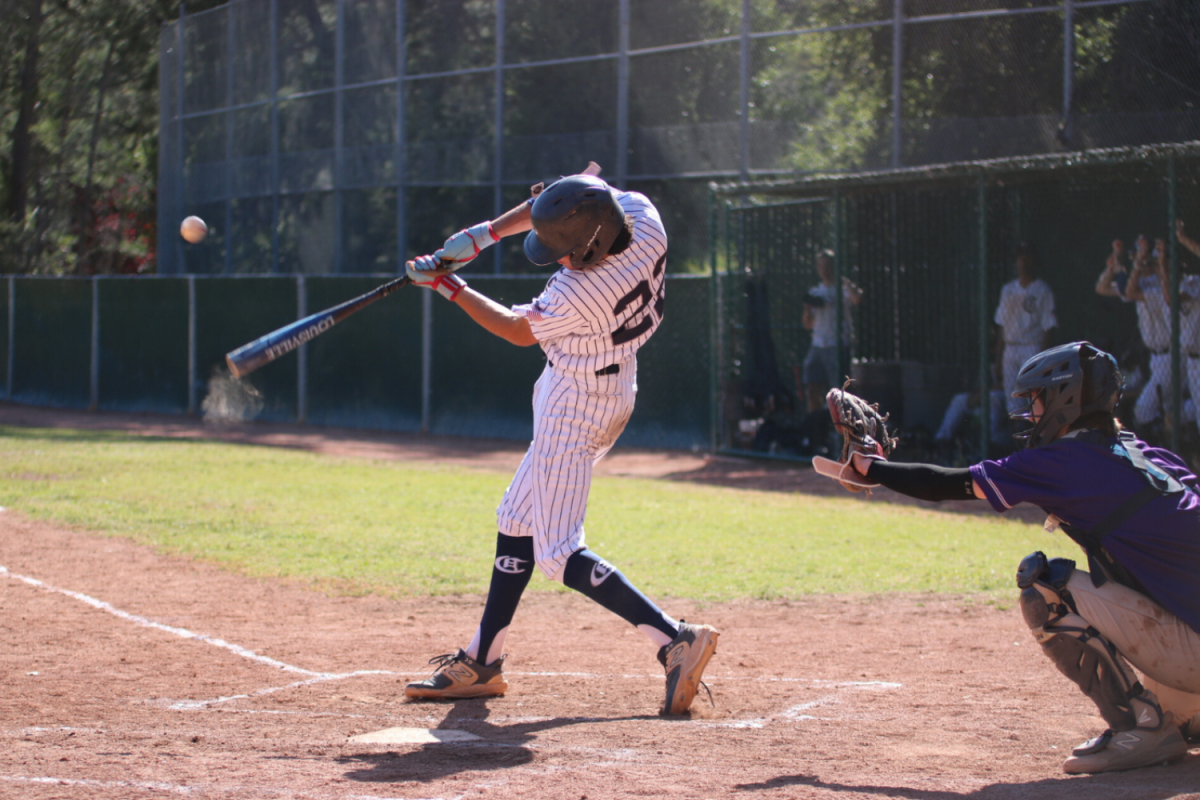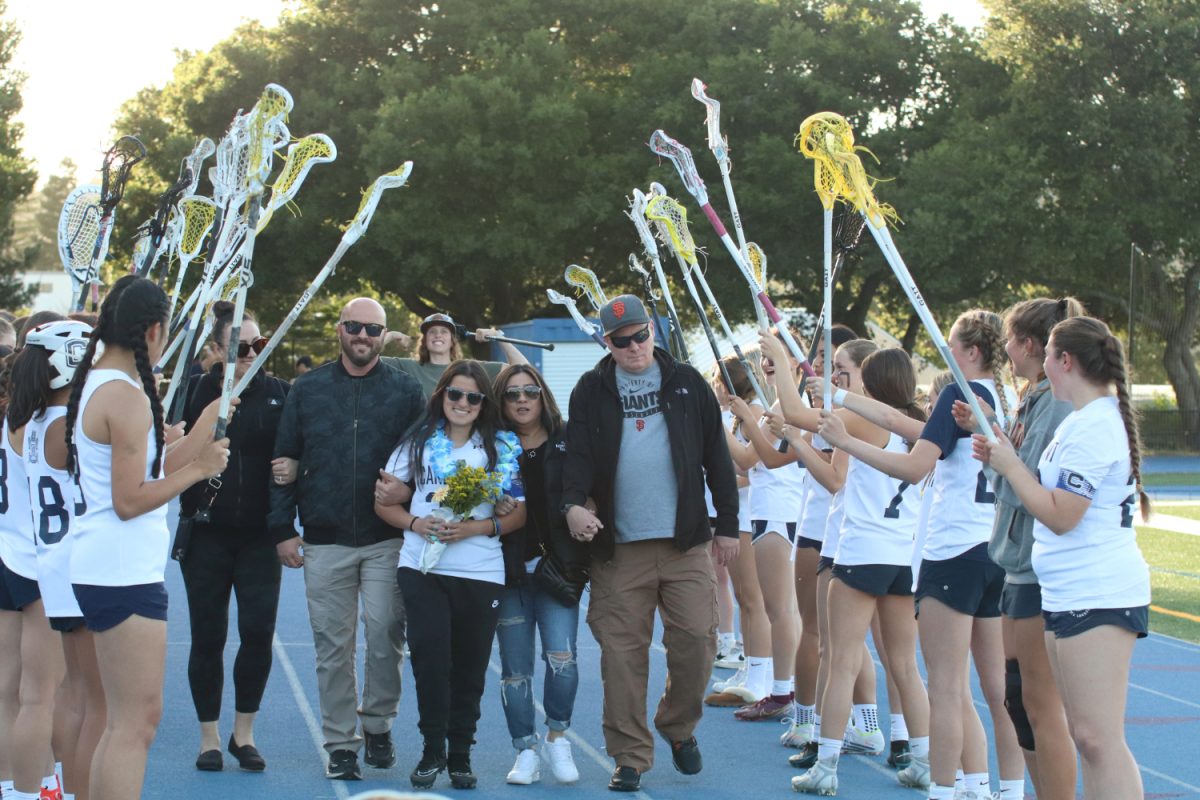Among high school students, student-athletes are three times more likely to suffer from an eating disorder than their peers. On top of this athletes may be less likely to seek treatment for an eating disorder due to stigma and sports-specific barriers, according to the National Association of Anorexia Nervosa and Associated Disorders (ANAD).
On their website, ANAD states that eating disorders affect approximately 9% of people worldwide and this is especially relevant to athletes, particularly those in sports focusing heavily on weight, like wrestling.
“It’s easy for disordered eating to hide in sports. There is definitely pressure to have a certain body type- primarily thin and athletic looking,” said Sarah Coble, a nutritionist.
The wrestling season typically lasts from late October to February, according to Carlmont High School wrestling coach Ricardo Garcia. A month into the season, Garcia acknowledges that some athletes may struggle with the weight aspects of wrestling.
“At our parent meeting at the start of the year and several times throughout the season, these topics [disordered eating in wrestling] are addressed,” Garcia said.
In high school wrestling, there are generally around 14 weight classes that student-athletes can compete in, to maintain the fairness of competition. The lowest class in some states is 98 and the highest is 265, with athletes being unable to compete in a certain class if they weigh more or less than the number.
While this ensures that matches are just, it can sometimes lead to an unhealthy focus on weight loss.
“Occasionally I will limit my eating to make a certain weight class, but it usually isn’t severe,” said Jordan Miller*, a high school wrestler.
Regardless of the severity of the weight loss athletes are trying to achieve, Garcia explained that he thinks the weight requirement is an aspect that needs to be managed properly. Thus, it will prevent worse repercussions of overly focusing on weight restriction.
“I believe in exercise, strength building, educating athletes on nutrition and having a healthy lifestyle,” Garcia said.
He said that in the Carlmont program, very few wrestlers were dropping excessive weight, and the ones targeting certain weights are educated on nutrition and health.
“An athlete can look healthy on the outside but have a very dysfunctional relationship with food, they may just appear disciplined because they never eat ‘bad’ food, or they may be praised for staying so fit and thin when in reality they are overly restricting calories,” Coble said.
She added that fueling is important not just in the present moment for a competition but so that athletes don’t cause long-term damage to their bodies.
“If, however, your body doesn’t have the food it needs, this stress [of training] can overwhelm your body and negatively impact not just your athletic performance but also your organs, bones, and other body systems,” Coble said.
Both Coble and Garcia emphasized the importance of education on weight loss and nutrition to help student-athletes.
“All wrestlers participate in the NFHS [or The National Federation of State High School Associations] Weight Management Program which helps a great deal, providing guidance and recommendation for controlling excessive weight loss and gain,” Garcia said.
He explained that in accordance with this program, athletes may only lose 1-1.5 lbs per week, and if they drop weight too fast they would be ineligible to compete.
The most important thing I wish people knew about sports nutrition, especially younger people, is that food is your friend, not your enemy
— Sarah Coble
“The most important thing I wish people knew about sports nutrition, especially younger people, is that food is your friend, not your enemy,” Coble said.
She added that ongoing education about this topic is important and that misconceptions about nutrition and managing eating disorders worsen their effects.
“I think we do a very poor job in this country of educating young people on how to properly feed themselves, yet we demand such a high level of performance with training and competition. Athletic performance and quality nutrition education should go hand in hand,” Coble said.
Garcia highlighted the numerous positive aspects of the sport, unrelated to weight or body image.
“These skills include strength, confidence, endurance, self-defense, countless friendships, nutrition, time management, goal setting and many more,” Garcia said.
Miller added that their favorite part of the sport is the team dynamic including the teammates and coaches, and how tournaments are a lot of fun because the team spends almost the entire day together.
“Weight loss should not become the focus of the sport. The focus should be skill, strength, conditioning, teamwork, self-confidence and building a legacy and honor for each wrestler,” Garcia said.
*This name was changed by the author to ensure anonymity for the source that was interviewed in order not to disclose sensitive medical information, in accordance with Carlmont Media’s anonymous sourcing policy.

